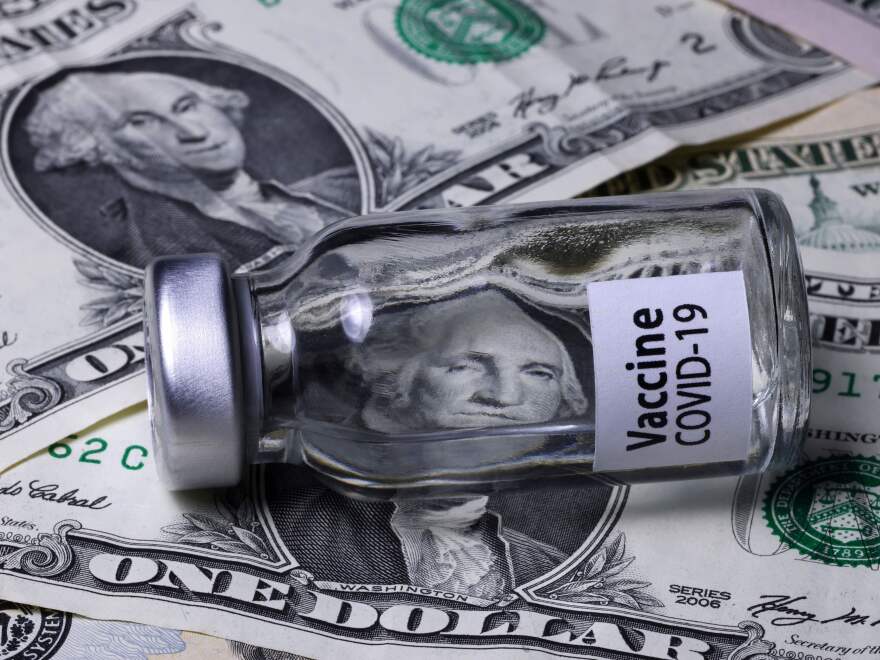President Biden has called on states and localities to do more to encourage people to get vaccinated, including paying them $100.
For many states, offering incentives to get the jab is not new. From baseball tickets to pre-rolled marijuana joints and even lotteries totaling up to $5 million in some cases, several spots in the U.S. have gotten creative to get vaccinations in arms.
But do incentives work? Yes... and no.
Financial incentives have motivated some people to get vaccinated. Ohio's announcement of the Vax-a-Million lottery boosted vaccination rates by 28% in less than a week, according to the Ohio Department of Health. The state has also already offered $100 incentive programs, as have New Mexico and Colorado.
Surveys done by UCLA researchers reported that around one-third of unvaccinated individuals said they would get a vaccine for cash.
But in states such as Arkansas, vaccination rates remain low despite incentive programs. And while incentives in other states have had better luck, their success has been short-lived in many cases, including Ohio's.
In an interview with NPR's Ari Shapiro on All Things Considered, behavioral economist and University of Pennsylvania professor Katy Milkman said that cash incentives tend to work on groups within the population known as "the movable middle" — people who are on the fence about getting a vaccine, but not totally opposed.
"If someone is adamantly opposed to vaccination, they have a strong reason that they would never get a vaccine, paying them $100 is very unlikely to change their minds," she said.
So what targets all groups? Marketing. Experts like Stanford professor of medicine and economics Kevin Schulman have argued that the money states have used to incentivize people to get a vaccine could have been better spent promoting vaccines themselves to groups unwilling to get them.
"I would go back to those lottery states and ask how much did you spend on the lottery and how much could you have spent on Facebook ads that could appeal to those populations?" Schulman said.
Josie Fischels is an intern on NPR's News Desk.
Copyright 2021 NPR. To see more, visit https://www.npr.org.



